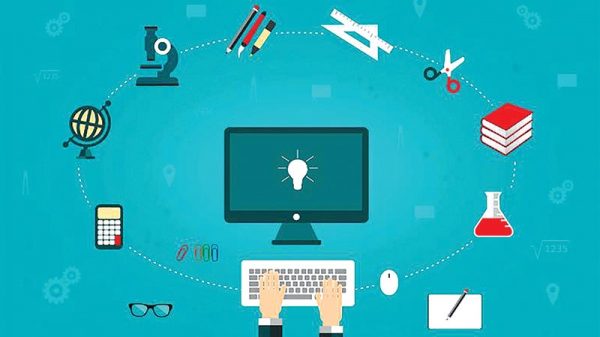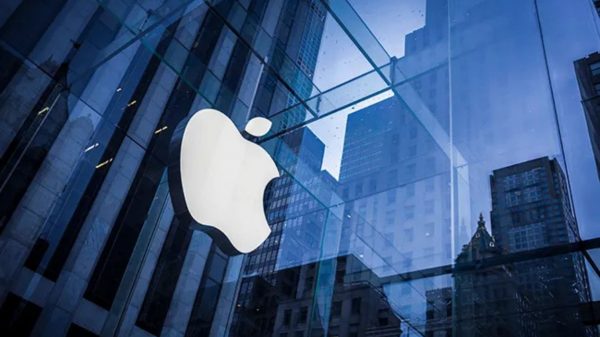Uses of technology in 21st century jobs

Shawdesh Desk: Uses of technology in 21st century jobs
Technology has evolved and shaped our workplaces in many ways, through the adoption of tools like the internet and email for communications, word processing, spreadsheets and presentations for office productivity, electronic databases for record keeping, and robots and artificial intelligence for automation.
Here are few ways in which technology has become an integral part of everyday work:
Communications technologies
Technology is used widely in almost every industry — you must know how to use it in your chosen field!
Today, email, SMS, and various chat software tools have become the principal modes of business communication. Also, the use of video conferencing is on the rise, thus reducing the need for physical travel.
Office productivity
Word processing, spreadsheets, digital presentations and other office productivity software have become so commonplace that their use has become routine, and this has completely transformed office work.
Office software is now becoming integrated with other productivity and decision making tools like PowerBI and this new wave will revolutionize the workplace again.
Record keeping and retrieval
Another area where advanced technology is already ubiquitous is record keeping.
Most businesses have switched to electronic databases, rather than paper files, to store and access their records, and this has become an essential and everyday part of our work environment.
Internet and search
Technology is used at almost every workplace now!
One other major tool that has become so commonplace so as to become nearly unremarkable is the internet and its organization through search portals such as Google and Bing.
Decentralized work and cloud computing
The proliferation of laptops, tablets, and smart phones has made it easier for professionals to work from anywhere and has led to flexible-work environments like freelancing, work-on-demand, and work-from-home.
Recently, this trend has accelerated because of the adoption of cloud computing which allows workers to store and use data and applications on a server.
Analytics and new decision structures
Big Data analytics has become an important tool for all business functions. For instance, marketing through digital channels requires professionals to routinely use advanced tools for analytics and computational advertising.
Human resource departments are using specialized tools for recruiting, performance tracking, and worker retention. Such data-driven decision systems are allowing front-line workers to act quickly, without always waiting for direction from the traditional top-down management structure.
Adoption of virtual and augmented reality
Sales and marketing using augmented reality (AR) and virtual reality (VR) are gaining ground in several sectors.
For instance, real estate companies have enthusiastically adopted this approach and have built simulated environments through a series of linked panoramic photographs of the property’s interiors by using high-quality lenses of 360-degree cameras.
Conversational systems: Chat bots, assistants
Conversational systems, like chat bots and personal assistants, are important AI tools. Many companies have deployed chat bots to offer round-the-clock customer support and customer support systems usually have bots as frontline agents, backed up by human agents.
Another use of conversational technology is the use of talking assistants that are integrated across their home and work environments and are designed to help workers navigate their duties.
Information security
With the spurt in technological advancements, a big concern for businesses is the security of sensitive data.
Protecting customer and business data is an essential task for any enterprise, and a lot of invasive but indispensable security processes, from physical access control using tokens or biomarkers, communication control, and elaborate digital access control mechanisms have become an intrinsic part of the 21st century workplace.
Today, digital disruption is playing a key role in transforming businesses. Major innovations like artificial intelligence, block chain, machine learning, internet of things, and virtual reality have started to completely transform the world and the nature of work.
In addition, basic technologies like office productivity tools, electronic record keeping, and internet search, video conferencing, and electronic mail have already become everyday parts of our work lives.





























Leave a Reply